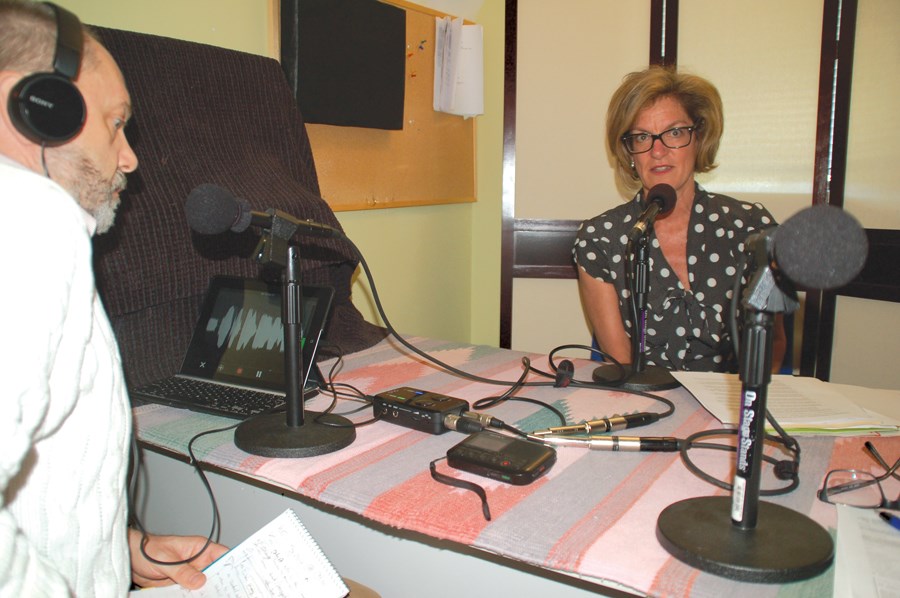West Vancouver-Sunshine Coast-Sea to Sky MP Pam Goldsmith-Jones says she wouldn’t be surprised to see a new electoral system emerge in B.C., but at the federal level the government is not making electoral reform a priority.
During the provincial election, the Greens promised to introduce proportional representation and the NDP pledged to hold a referendum and support the “yes” side. Liberal leader Christy Clark said last week that she’s willing to discuss the issue with the other parties.
Federal Liberal leader Justin Trudeau’s claim that the 2015 campaign would be the last under the first-past-the-post system if his party formed government, looks increasingly likely to go down as a broken promise.
MPs will get another chance to voice their opinions next week, when a concurrence motion on the recommendations of the Special Committee on Electoral Reform comes up for a vote in the House of Commons.
The committee delivered its report in December, calling for a move to some form of proportional representation.
In the official government response to the report, Minister of Democratic Institutions Karina Gould said, “A clear preference for a new electoral system, let alone a consensus, has not emerged. Furthermore, without a clear preference or a clear question, a referendum would not be in Canada’s interest… The government will continue to focus its efforts to make our democracy stronger by removing barriers to voting, encouraging participation, and strengthening and safeguarding our democratic institutions.”
In a wide-ranging interview with Coast Reporter, Goldsmith-Jones, one of several MPs to hold town hall meetings on electoral reform to give input to the committee, said she was “personally, very disappointed with that decision.”
“That was a very tough decision that the prime minister took. I’ve spoken to many, many people, particularly on the Coast, who support some form of proportional representation. We put everything into that as a community. We had well attended town hall meetings,” she said. “I would say that it is not a priority of this government, unfortunately. On the other hand, we’re making other reforms that we think are going to be improvements [to the electoral system].”
Goldsmith-Jones said people in the rest of Canada may not be as ready to consider changes to the voting system as British Columbians are.
“I’ve learned that in British Columbia we’re attuned to this issue, we’ve been down this path before and some amazing work has been undertaken by our fellow citizens. It’s not the same in other parts of the country, and this is just one of those very, very tough things where our voices are more in the minority than we might expect, because for us it seems to be something we talk about all the time.”
She also said that because voters in B.C. are more open to changing the system, she wouldn’t be surprised if electoral reform is one of the initiatives that comes out of the recent provincial election.
“This is like so many issues – carbon pricing is another – where British Columbians go first,” Goldsmith-Jones said. “It is a progressive province, right across all parties actually, so perhaps that will be the case.”
As to whether proportional representation is still something the federal Liberals might pursue in the long run, Goldsmith-Jones said: “The federal government is not making this a priority, much as it pains me to say that. I’m being very upfront with the people I represent and those I’ve disappointed on this and others who feel like they would agree it’s time to move on.”
The full interview with Goldsmith-Jones will be featured on the Coast Beat podcast this week, accessible at coastreporter.net.



